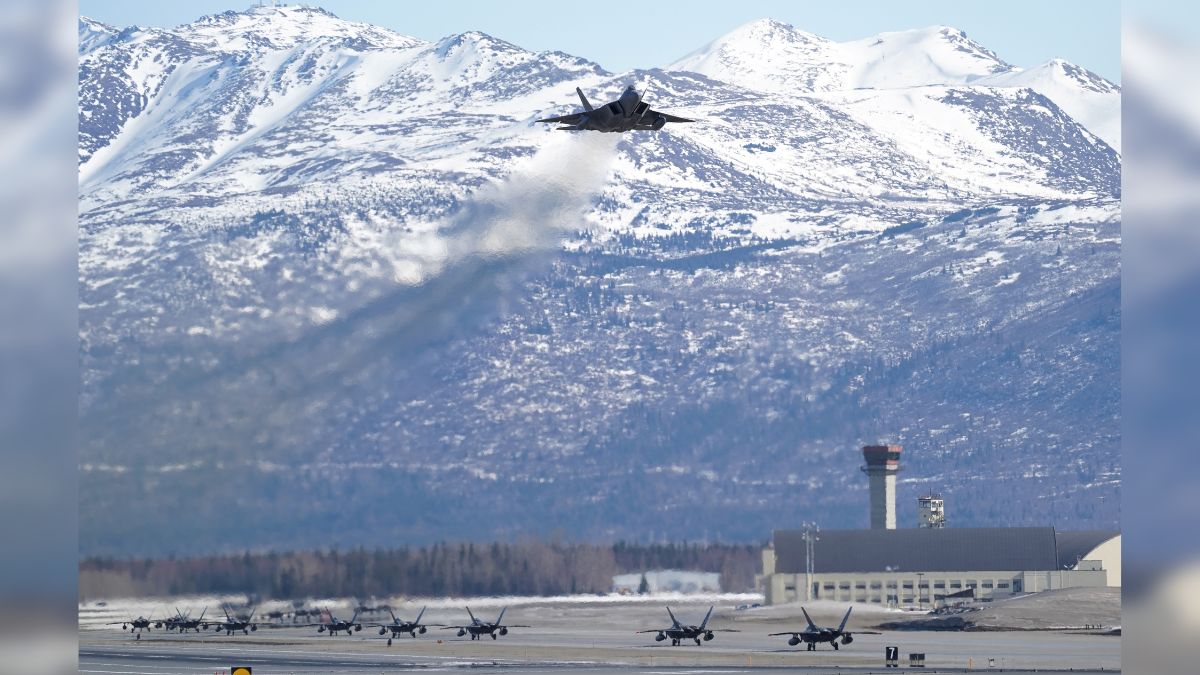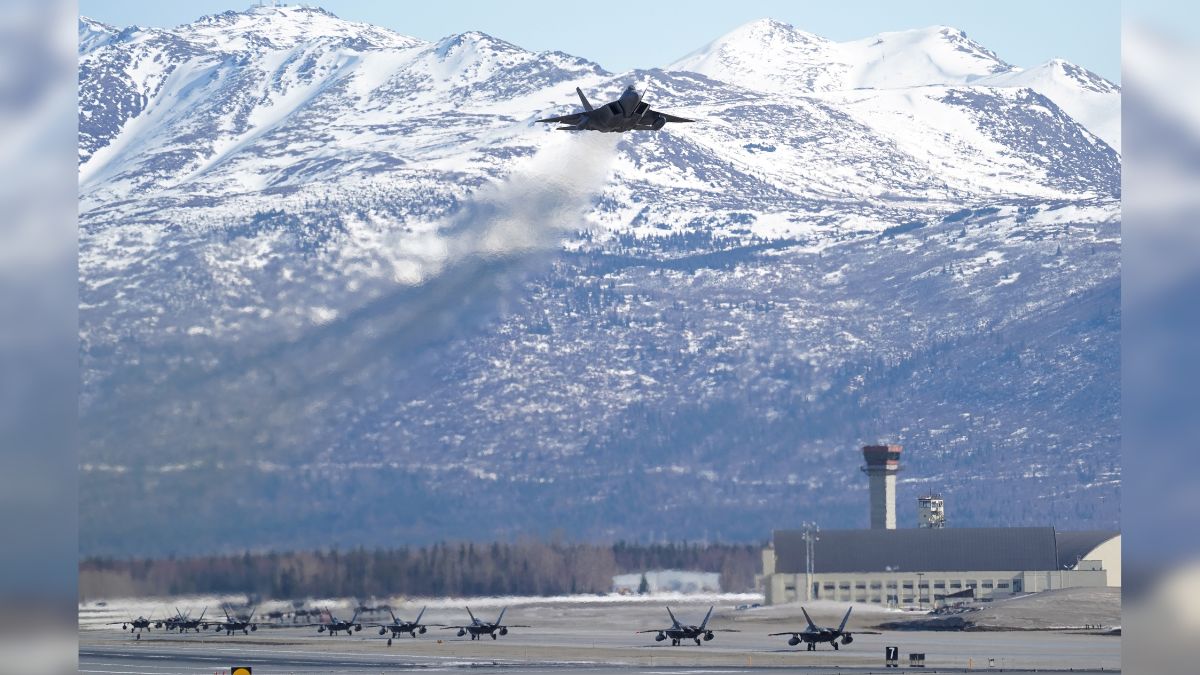According to a Lebanese source with knowledge of the device’s components, the batteries in the walkie-talkies used by Hezbollah that exploded recently contained PETN, a highly explosive compound, Reuters reported. The source told Reuters that the innovative integration of the explosive material into the battery pack made detection extremely challenging.
This development comes amid heightened tensions between Hezbollah and Israel, with Israel reportedly targeting thousands of Hezbollah pagers and walkie-talkies. The ongoing exchanges of fire between the two parties, occurring almost daily for nearly a year, have raised concerns of a potential escalation into full-scale war.
Israel has declined to confirm or deny involvement in the attacks, maintaining its customary stance on such matters.
Meanwhile, Hezbollah pounded northern Israel with 140 rockets Friday, a day after the militant group’s leader Hassan Nasrallah vowed to retaliate against Israel for a mass bombing attack, the Israeli military and the militant group said.
Israel’s military said the rockets came in three waves Friday afternoon targeting sites along the ravaged border with Lebanon.
Hezbollah said it had targeted several sites along the border with Katyusha rockets, including multiple air defense bases as well as the headquarters of an Israeli armored brigade they said they’d struck for the first time.
Hezbollah said the rockets were in retaliation for Israeli strikes on villages and homes in southern Lebanon.
Hezbollah and Israel have exchanged near-daily fire since Oct. 8, a day after the Israel-Hamas war’s opening salvo, but Friday rocket barrages were heavier than normal.
Impact Shorts
View AllNasrallah on Thursday vowed to keep up daily strikes on Israel despite this week’s deadly sabotage of its members’ communication devices, which he described as a “severe blow.”
With inputs from agencies.


)
)
)
)
)
)
)
)
)



